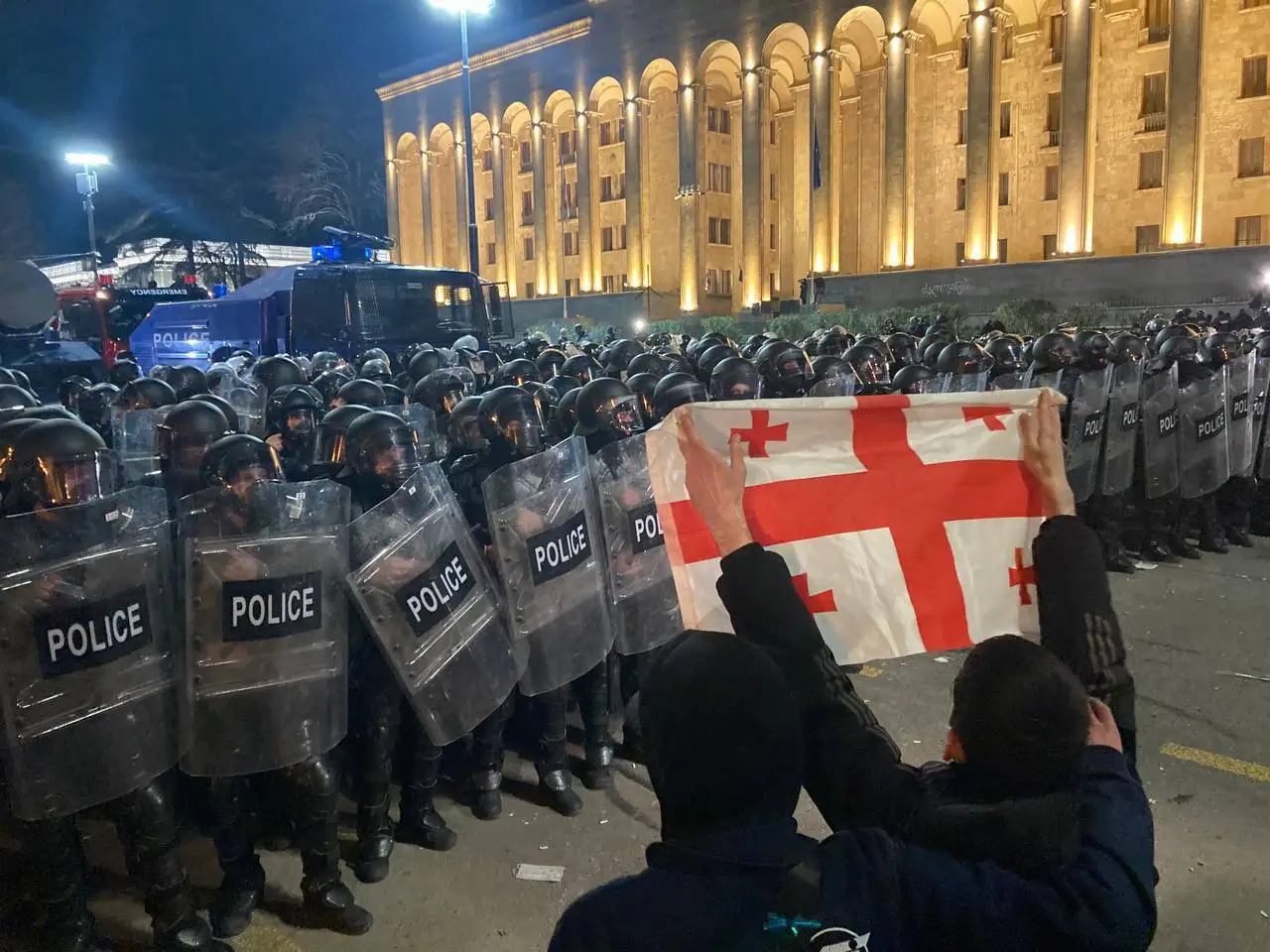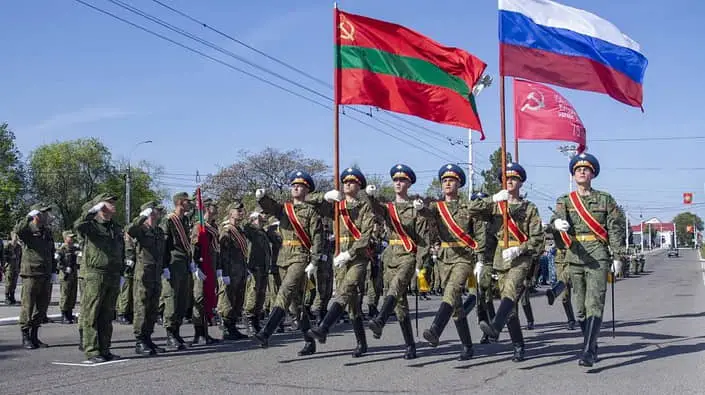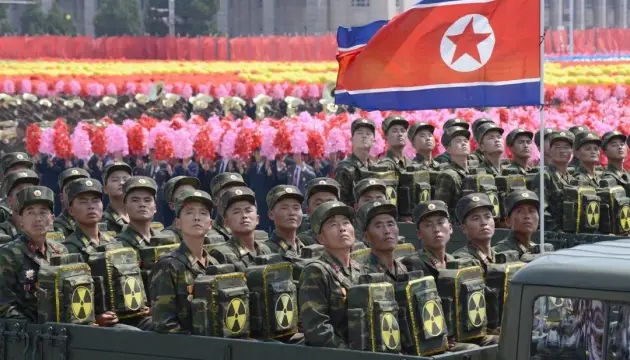Why did the law on "foreign agents" cause mass protests in Georgia?

The adoption of such legislation in Georgia, according to critics of the project, will not only hit independent media and activists, but will also become a serious obstacle on Tbilisi's path to the EU
The Georgian parliament has passed in the first reading the law "On Transparency of Foreign Influence", which the opposition says is similar to russia's "foreign agents" law. The discussion of this document is accompanied by mass protests and clashes with police.
President Salome Zurabishvili has announced that she will veto the law. Earlier, she expressed support for this week's protesters.
The Georgian Dream political party has submitted a draft law on "foreign agents" for the second time. Last year, in March, the party was forced to withdraw it after mass protests.
The new draft law almost completely repeats the previous one. However, the term "agent of foreign influence" has been replaced by "organization that promotes the interests of a foreign power".
The bill obliges non-governmental companies and media outlets that receive more than 20% of their funding from abroad to register as an organization that promotes the interests of a foreign power. Georgia's Prime Minister Irakli Kobakhidze claims that such legislation is necessary for financial transparency of grant recipients.
However, opposition parties and independent journalists call it a "russian law" due to its similarity to the law passed in russia in 2012 on "foreign agents." In russia, this law is used to persecute independent media and opposition politicians.
The adoption of such legislation in Georgia, according to critics of the project, could negatively affect independent media and activists, as well as become an obstacle on Tbilisi's path to the EU. Western countries have also warned about this.
Even Salome Zurabishvili herself has spoken out against the law. "Georgia will not surrender to re-sovietization!" she wrote on social network X (formerly Twitter).
Georgian authorities assured that the bill is nothing like the russian one, and it is only a softened version of the FARA Foreign Agents Registration Act, which was adopted in the United States in 1938. However, the same arguments were used by the russian authorities in 2012.

russian law on "foreign agents"
russia has long had a law on controlling the activities of persons under foreign influence. This law was adopted by the state Duma at the end of June 2012, and during this period, it, as well as many other laws, including the Criminal Code of russia, have been amended.
This document systematizes and strengthens the state policy of the russian federation in relation to the so-called "foreign agents". According to this law, a "foreign agent" can be recognized as an individual or organization that does not necessarily receive foreign funding, but is "under the influence". It can be any kind of influence, whether through coercion, persuasion or other methods.
There are currently 348 "foreign agents" in russia — individuals and organizations, including the media. Starting from December 1, all those already recognized as "foreign agents" will be united in a new unified register, where new ones will be added. In addition, the russian Ministry of Justice will publish not only their names, but also their personal data.
A new register of persons associated with "foreign agents" will also be created, which will include employees of non-governmental organizations and media "foreign agents", as well as leaders and founders of these organizations, including former ones.
In connection with these changes, the rules for the distribution of materials created by "foreign agents" will be tightened. Not only the media recognized as "foreign agents", but also the media employing a "foreign agent" employee must accompany their materials with the "foreign agency" indication. The text of the indication will also be changed, with the new version requiring the name of the person recognized as a "foreign agent" to be indicated twice. The new rules expand the number of prohibitions for "foreign agents" in russia, including a ban on working in education, being members of election commissions, and conducting independent anti-corruption examinations and public events.

"Foreign Agents" in russian propaganda
In russia, the authorities effectively use the term "foreign agent" as a means to manipulate public opinion and promote anti-Western and war narratives.
The results of a survey on the attitude of russians towards people and organizations registered as "foreign agents" were published by the russian Public Opinion Research Center. According to these results, 61% of respondents consider them "traitors" who "spread lies" about russia.
After the full-scale invasion of Ukraine, russia expanded its legislation on foreign agents. These measures significantly restrict the information space inside the country, making it difficult to articulate any point of view, including other views on the war that deviate from the official line.
What to expect next?
The Parliament of Georgia consists of 150 deputies, the government is formed by 2 parties - Georgian Dream (75 seats) and Power of the People (9 seats), and these two parties are promoting this law.
The President of Georgia, Salome Zurabishvili, has announced that she will veto this law. However, Georgia's constitutional system provides for a relatively clear division of powers between the president and parliament.
The president has the right to veto bills approved by parliament, but his veto can be overridden by parliament if the majority of MPs support the decision.
However, the government, in the form of the executive branch, does not have the power to force the president to pass a particular bill. Thus, if the president vetoes a bill, the government is not constitutionally empowered to force the president to pass it. However, the government can influence the political environment and negotiate with the president to reach a consensus or change the terms of the bill.











